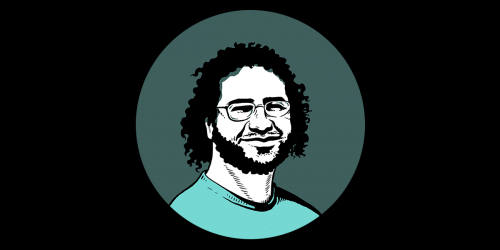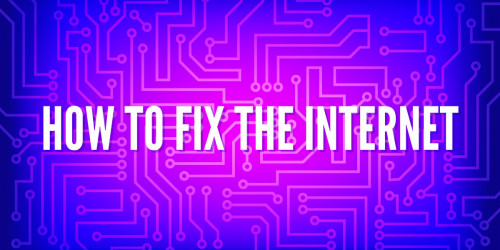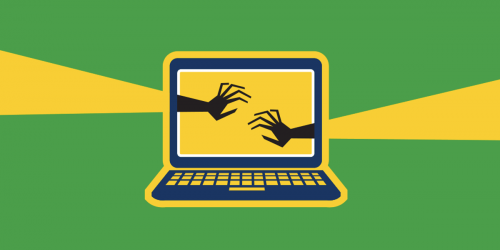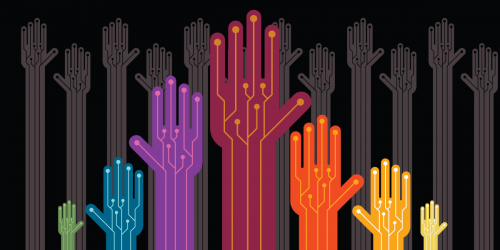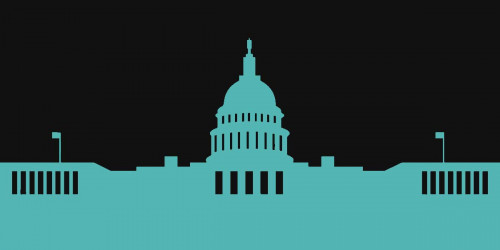If, just a few short decades ago, someone had proposed that the Internet would be instrumental in the promotion and maintenance of human rights around the world, their proposal would have been met with skepticism. And yet, examples of Internet users campaigning for human rights abound: From the Take Back the Tech campaign to end violence against women to the global response to speech-limiting bills like SOPA and PIPA and to new projects like WeFightCensorship.org, the role of the Internet in the promotion of human rights is growing.
But while the spread of the Internet has created an environment in which—in theory—anyone can be a writer, a photographer, a filmmaker, or a pundit, the reality is such that nearly half of the world's citizens access a fractured, fragmented Internet, and the threat of persecution for speaking out causes even more to censor their online speech. And the threats are increasing: Governments are ratcheting up Internet censorship, member countries of a UN body are fighting for more control of global networks, and reports of covert online surveillance abound. The Internet is great for the promotion of human rights, but human rights on the Internet are not always protected.
In a landmark 2011 report, UN Special Rapporteur on freedom of expression Frank LaRue called attention to the role of the Internet in enabling individuals the world over to exercise their rights to freedom of opinion, expression, and assembly. NGOs and governments alike have heeded LaRue's call in promoting these rights, but their fight continues as powerful forces seek to enact more control over our online actions.
Today, on International Human Rights Day, EFF would like to take the opportunity to remind our readers that the right to free expression must be guaranteed whether we're shouting from the rooftops or from our Facebook walls. We'd also like to share a few impassioned arguments for free expression online (and off) from our friends and colleagues around the web:
